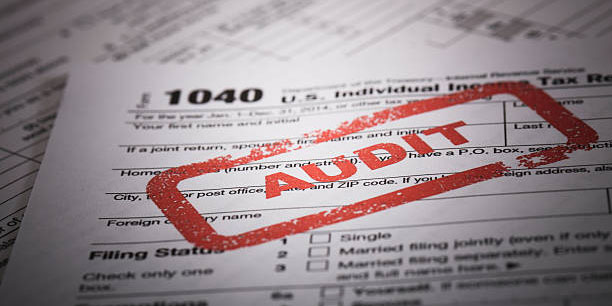Annual state and local tax payments may significantly affect a company's bottom line. They impact the local economy and job creation in your company's region. This is why researching the tax climate of potential locations for setting up a business is essential. The Tax Foundation announced the State Corporate Income tax Climate Ranking for 2020 to help small- and medium-sized business owners make the best possible choice. Wyoming and South Dakota ranked highest on this index for having the lowest taxes on small businesses, although New Jersey and New York ranked lowest.
What Characteristics Do Business-Friendly States Possess?
Throughout December 2021, the Tax Foundation, a nonprofit organization in Washington, D.C., published its State Corporate Income tax Climate Index. It rates the best and worst conditions concerning business taxes to aid policymakers, including business leaders, in comparing states' tax systems. It exposes which states have the most advantageously organized tax systems. The most prevalent business taxes were included in this analysis, and their relative importance was determined using a weighting factor. Taxes at the federal, state, and local levels include 14.4% on property, 9.8% on unemployment compensation, 20.9% on corporations, 23.7% on sales, and 31.2% on the incomes of individuals.
Paying Taxes On One's Income

Because business income tax is included in the personal income tax return, changing income tax rates impact sole proprietors, Limited company owners, participants in partnerships, and S corporation owners. Pass-through taxes are the method through which profits from a business are taxed rather than the company itself. Pay particular attention to the state's income tax rates as a small company owner deciding between many jurisdictions. More taxes are paid when income increases in states with higher taxes on the wealthy. Consult a tax expert for assistance in analyzing your specific tax position.
Taxes On Corporate Profits
Income tax is levied on corporations at the standard corporate tax rates. Taxes on corporate revenue are imposed by every state, excluding Nevada, Ohio, Texas, and Washington, including rates ranging from 2.5 percent in North Carolina to 11.5 percent in New Jersey. There is just one corporate income tax rate in 30 states and the District of Columbia. Instead of in combination with corporate revenue tax, some states impose a gross receipts tax on businesses. As the name implies, this tax is levied on a company's whole earnings before any deductions are made for operating costs. While Washington, Kentucky, and Texas do not provide tax wages, they charge the gross revenues of S corporations and, in the cases of Washington but instead Texas, of limited liability companies.
Taxes On Sales And Products
Business hospitality is partly a function of sales tax rates since states with low or maybe no sales taxes tend to attract and retain residents and visitors alike. For instance, the absence of a state sales tax in Delaware has resulted in a slew of new residents and businesses throughout the Mid-Atlantic. Various items and services, including tobacco products, booze, soft drinks, fuel, and amusement parks, are subject to excise taxes imposed by individual states. They constitute a negligible portion of total state and municipal tax revenues. Excise taxes and sales taxes may cancel one other out in some instances.
Duties On Real Estate

Individual and corporate assets, such as real estate, vehicles, and inventory, are subject to property taxes at the state level. Property tax rates are determined at the county or city level and are expressed as a percentage of the property's assessed value. Municipalities and governments also impose taxes on intangible assets like furniture and computers. Research has shown that the need to pay property taxes, even if a firm loses money, has a chilling effect on new ventures.
Conclusion
It's wise to research the tax climate of potential new or current states of operation before making any final decisions. For instance, Florida is one of the states with the lowest corporate tax rates and year-round mild weather, making it an attractive option for potential movers. This article examines a ranking of states based on how tax-friendly they are, explores the criteria used to determine that rating, and offers some changes in state tax policies. Wyoming, South Dakota, Alaska, and Florida, but also Montana, seem to be the five states in the United States with the lowest individual income tax rates. Minnesota, Massachusetts, New York, California, and New Jersey are among the least stamp duty states. We may gauge how tax-friendly a state is by comparing its individual and company tax rates and its sales but also excise taxes, property taxes, and unemployment compensation costs.




